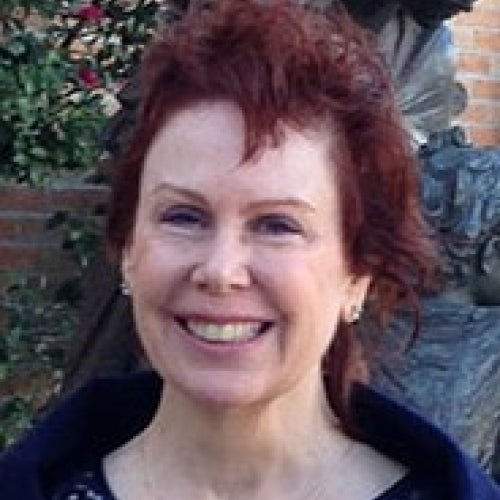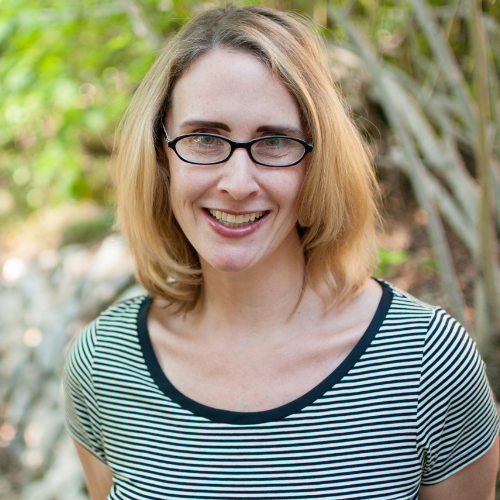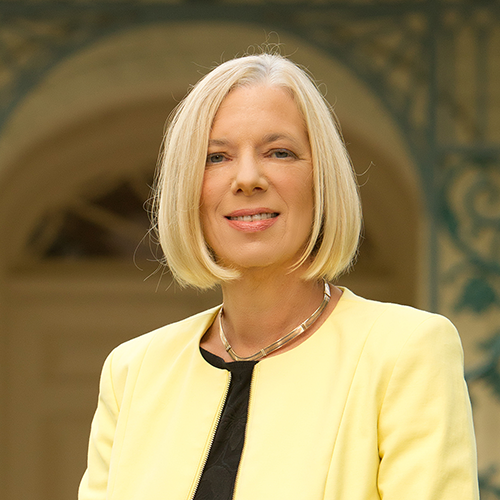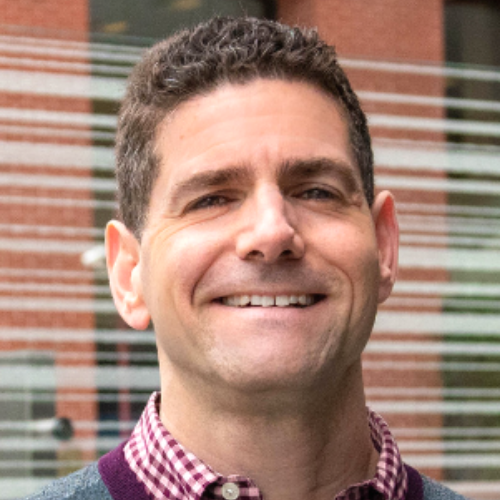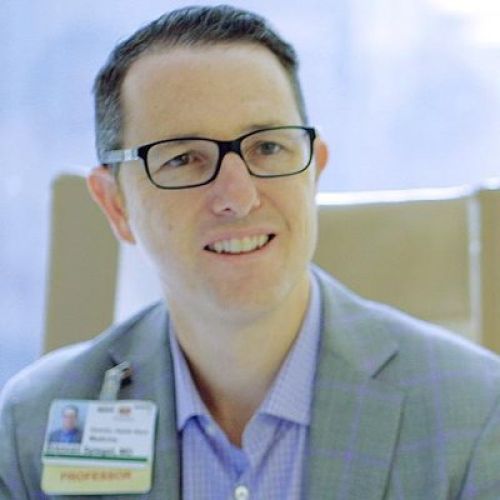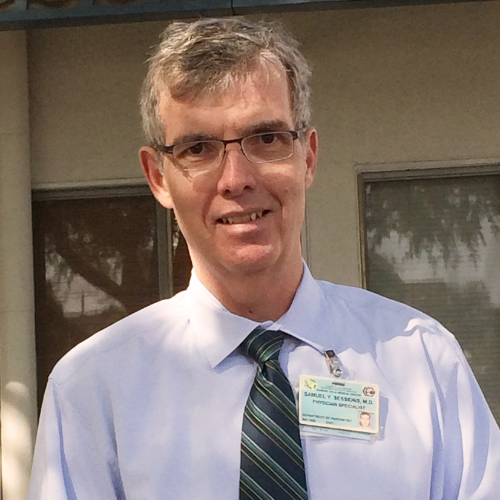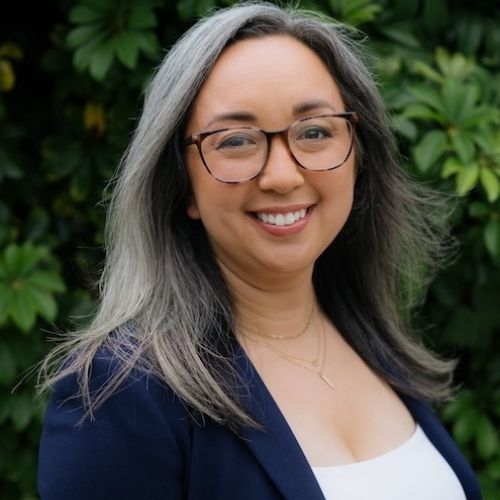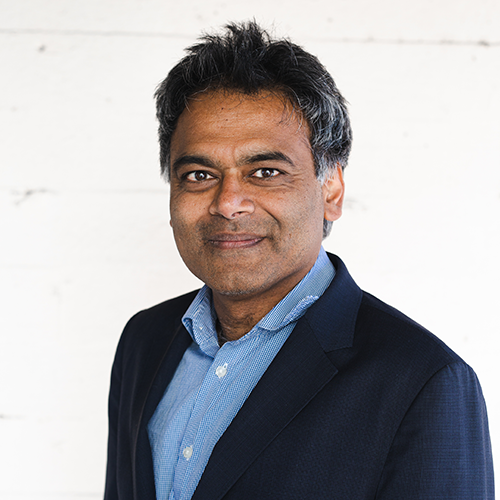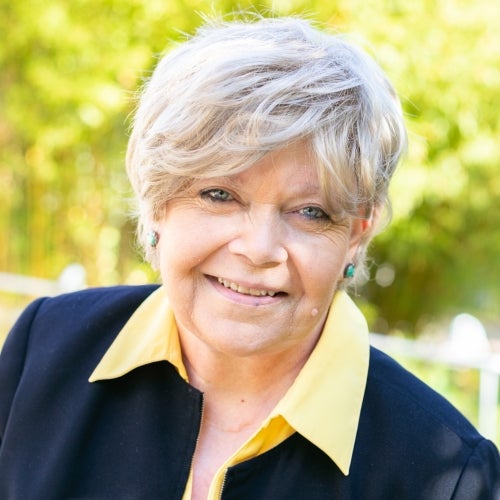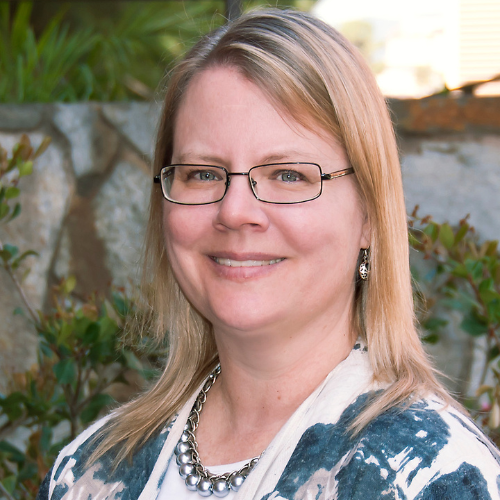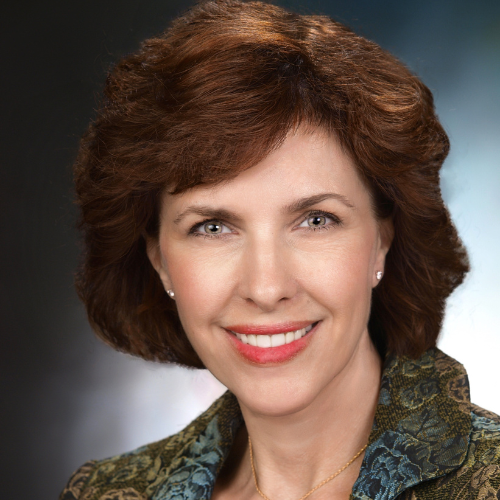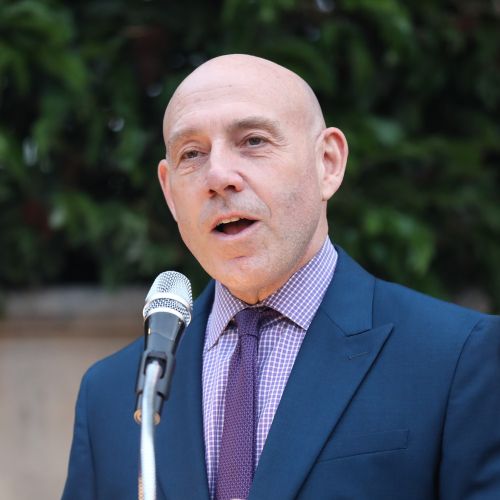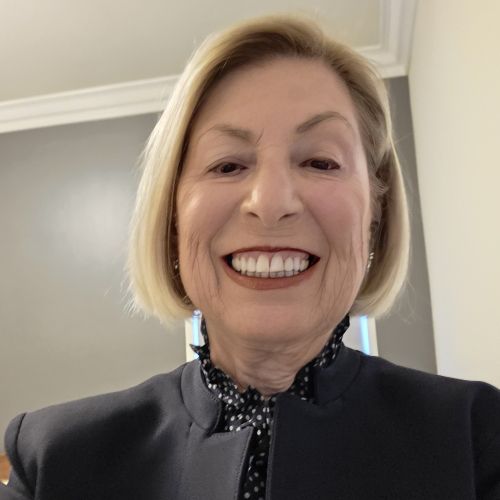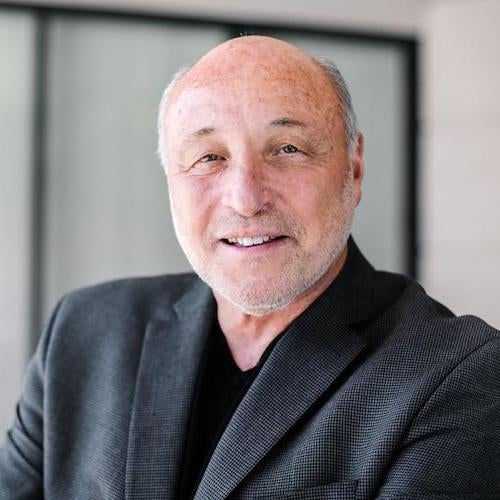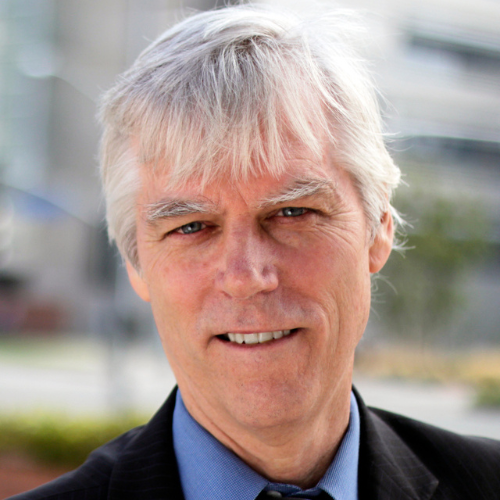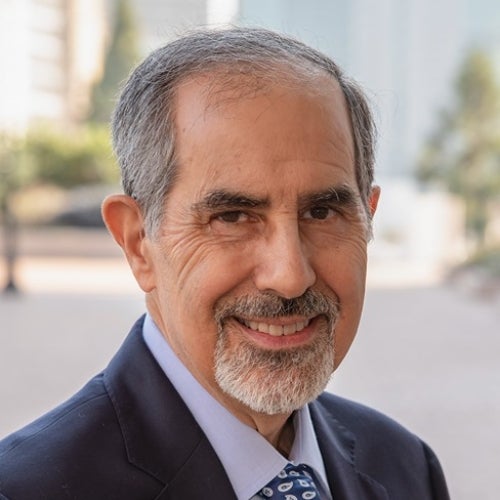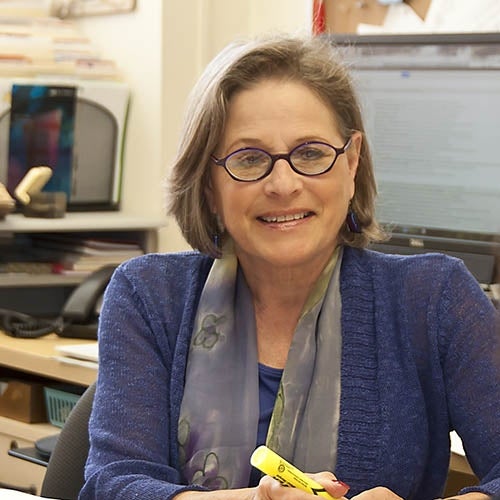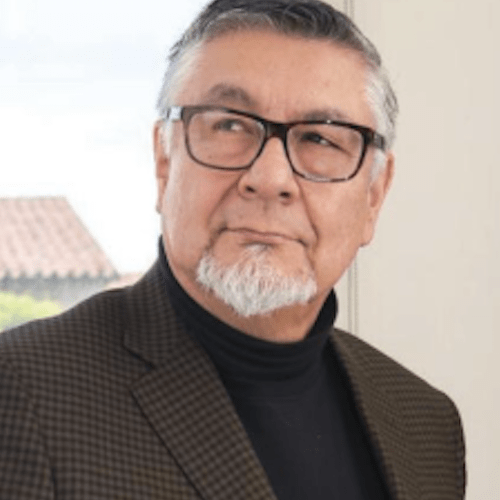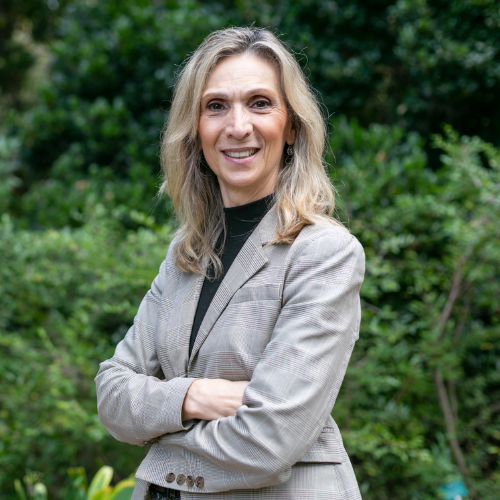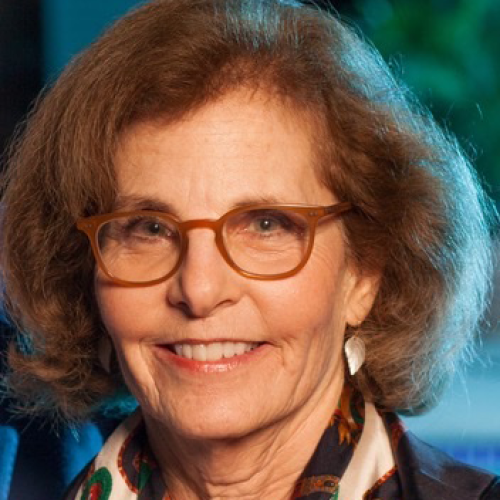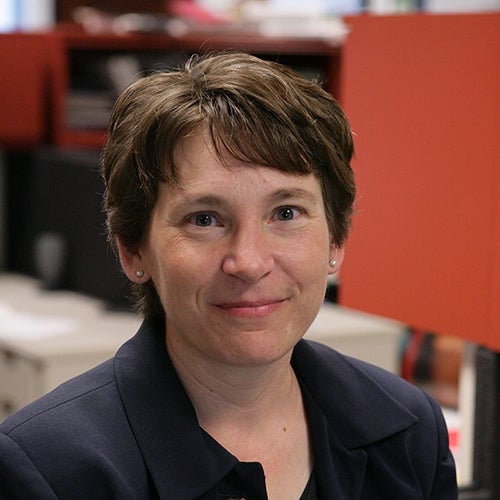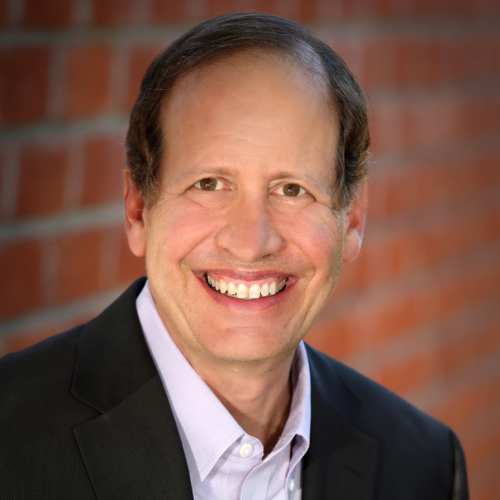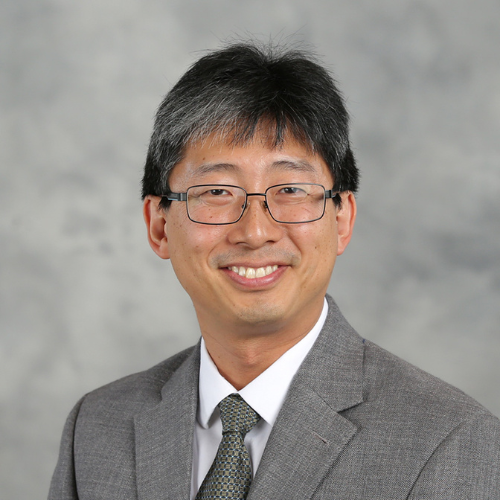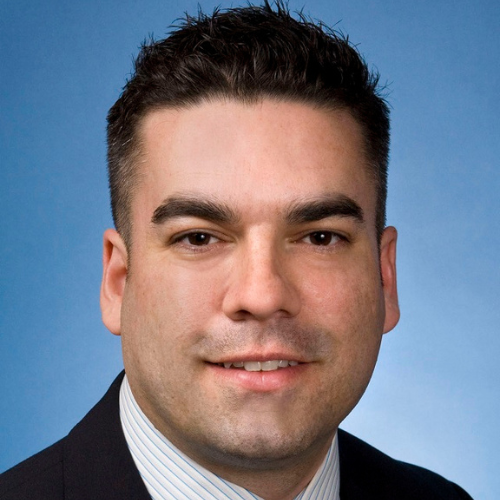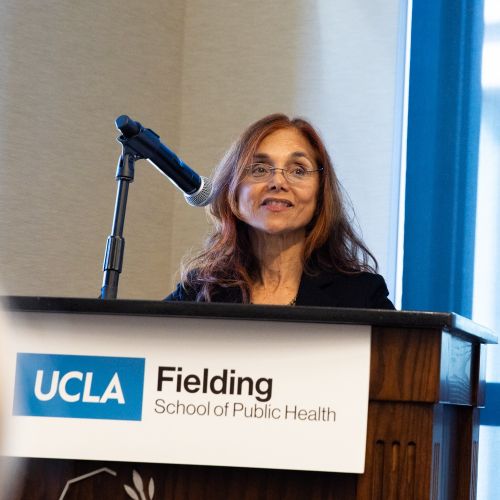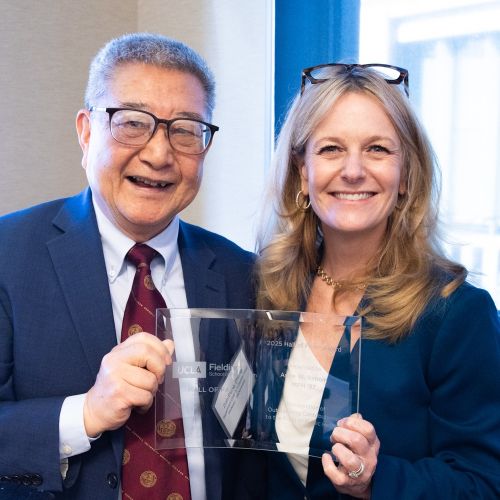Measuring progress in diversity in the health services and policy research field
Five years after a report on improving equity in health services research, a coalition of four American universities are working to measure progress.

As people around the world stand in solidarity with Americans calling for an end to racism and racial injustice, scholars are measuring whether the field of health services and policy research (HSR) has made any significant progress since a landmark report on the issue was published in 2015.
“The need for diversity stems not only from the need to reflect the changing demographics in the U.S. population, but also from a need to ensure that the best talent from all backgrounds feels at home in HSR,” said Ninez Ponce, professor of health policy and management at the UCLA Fielding School of Public Health. “An HSR workforce that reflects the people it serves helps achieve the results we need to move forward, equitably and effectively, and improve health care outcomes for all of us.”
The research team of scholars from UCLA, UC Davis, the University of Minnesota, and the University of Louisville will examine the recommendations of The Future of Diversity and Inclusion in Health Services and Policy Research, published by AcademyHealth in 2015. AcademyHealth is a nonpartisan, nonprofit professional organization dedicated to advancing the fields of health services research and health policy.
The team, led by UCLA scholar Taylor B. Rogers, doctoral student of health policy and management, is a multi-disciplinary group of early and mid-career professionals - exactly the sort of academics the field is trying to recruit and sustain in their careers.
“One of the very real issues we need to study is what HSR field needs to do in order for scholars of color to thrive and be sustained in HSR, rather than leaving. As it stands now, Black, American Indian, Pacific Islander, and Latinx individuals are severely underrepresented in the educational pipeline and the HSR workforce,” Rogers said. “In 2015, there were five specified recommendations; we want to understand how they have been followed, and what kind of impact they’ve had on the workforce.”
To do that, Rogers and her team are beginning an intensive, six-month-long study of those working in the field. They will present the findings at the 2021 AcademyHealth Annual Research Meeting (ARM) next summer. The study has begun, with a series of surveying and focus groups, at this year’s “virtual” ARM. The effort is fully supported by AcademyHealth, officials said.
“To paraphrase James Baldwin, we can’t change what we don’t face,” said Dr. Lisa Simpson, AcademyHealth President and CEO. “AcademyHealth intends to draw on the results of this survey to inform our policies and practices, and to improve and expand our work to address structural racism in HSR, its training and data resources.”
The UCLA Fielding School of Public Health, founded in 1961, is dedicated to enhancing the public's health by conducting innovative research, training future leaders and health professionals from diverse backgrounds, translating research into policy and practice, and serving our local communities and the communities of the nation and the world. The school has 690 students from 25 nations engaged in carrying out the vision of building healthy futures in greater Los Angeles, California, the nation and the world.
Faculty Referenced by this Article

Professor of Community Health Sciences & Health Policy and Management, and Associate Dean for Research
Nationally recognized health services researcher and sociomedical scientist with 25+ years' experience in effectiveness and implementation research.

Dr. Ron Andersen is the Wasserman Professor Emeritus in the UCLA Departments of Health Policy and Management.

EMPH Academic Program Director with expertise in healthcare marketing, finance, and reproductive health policy, teaching in the EMPH, MPH, MHA program

Dr. Michelle S. Keller is a health services researcher whose research focuses on the use and prescribing of high-risk medications.



